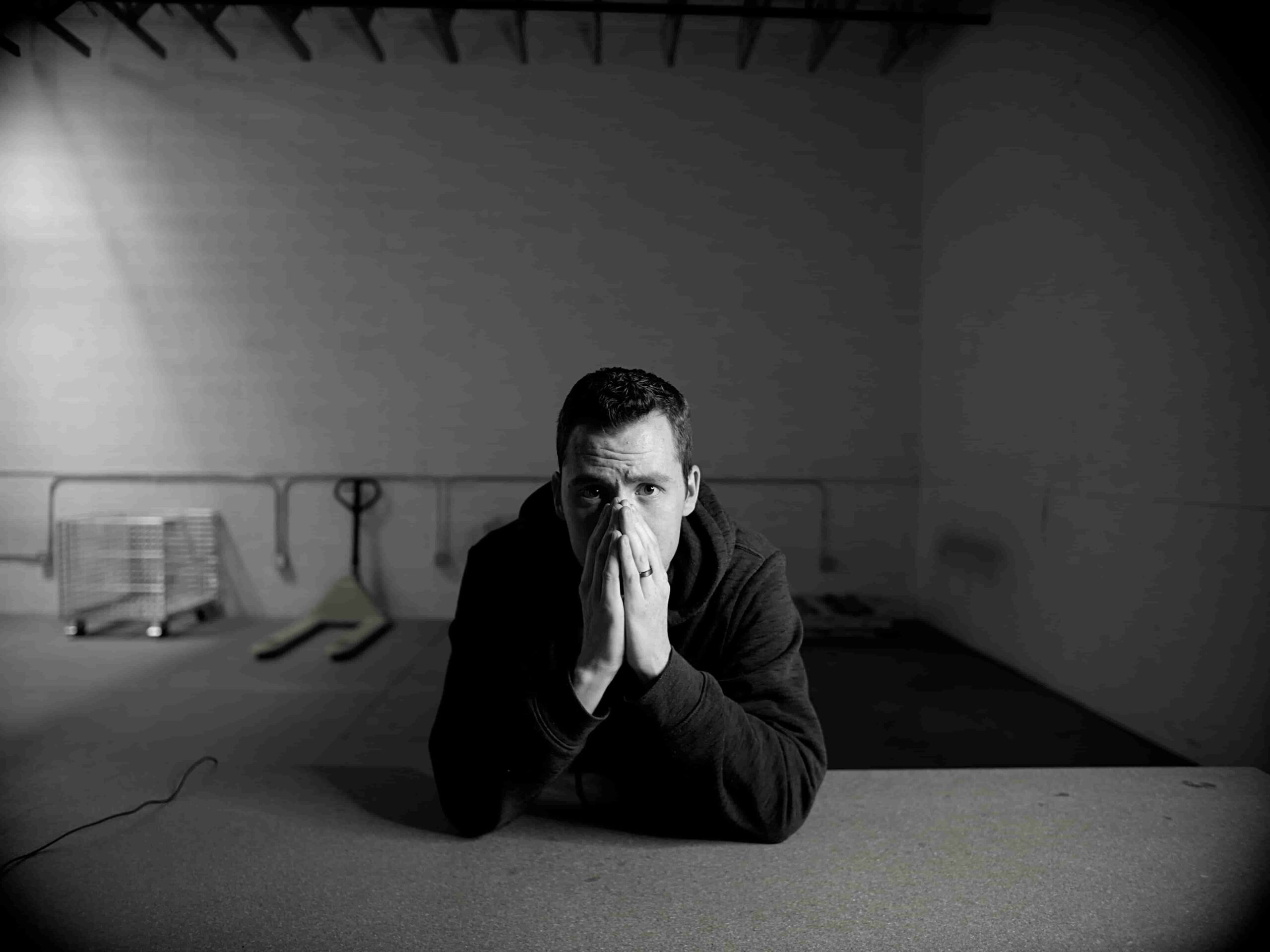 Coping with panic attacks; it’s easier said than done. Panic attacks can be a very scary and debilitating experience. And if you have had one, you might be constantly on alert, dreading the possibility of the next attack.
Coping with panic attacks; it’s easier said than done. Panic attacks can be a very scary and debilitating experience. And if you have had one, you might be constantly on alert, dreading the possibility of the next attack.
When you are stuck in the middle of an attack, you often feel powerless to do anything about it. Many client have the told me of the terror they felt when they wondered if they were having a heart attack. This very sense of feeling powerless over your own body and mind actually adds to the fearful negative mix of feelings that you are already coping with due to your rising anxiety.
However, a common approach to coping with panic attacks—medication in the form of psychiatric drugs—can also add to that feeling of being out of control. How? Because, now, your mental health is dependent on taking a pill every day. You might dislike that idea. And you might be leary of the fact that many of those drugs make people feel flat, lethargic or spacey.
Are there any effective treatments that could help you cope with panic attacks? And heal them?
It turns out that the answer is: Yes!
Coping With Panic Attacks: Natural and Effective Treatments
There are plenty of effective treatments for panic attacks that don’t require medication. A skilled therapist is an expert on helping you learn to cope with- and eventually overcome- panic attacks.
Let’s consider five of them.
1. Cognitive Behavioral Therapy
Cognitive behavioral therapy (CBT) is a very reliable and empirically form of treatment for panic attacks. For this treatment, you work with a therapist to identify unhelpful thought patterns, habitual false beliefs and behaviors (cognitive distortions). These constitute are patterns that feed your your anxiety, increase it’s intensity and affect your self-esteem. For example, when you feel anxious, negative thinking about the situation and the fear that generates may lead you to believe negative feelings about yourself.
Through CBT, you learn how to take steps to replace those negative thought patterns with healthier ones to handle the symptoms of your panic attacks. So, instead of letting your thinking get out of control, you can identify the automatic and damaging thoughts and false beliefs. Recognizing and understanding them, in turn, will help you to replace them with healthier ones.
2. Exposure and Response Prevention Therapy
Exposure and response prevention therapy is a two-part process. The first is that you are intentionally exposed to the trigger that causes you to have panic attacks. This could include being in a crowded room or riding in an elevator. The second part is where the therapist guides, supports and coaches you to take gradual steps to prevent your normal avoidance response.
For instance, typically, you may resort to some kind of coping method to get away from the situation and prevent panic. However, with exposure and response therapy, you learn to reduce and eventually eliminate the things you do to escape or avoid your anxiety. With time, you become used to the panic-inducing experience- and your nervous system learns to adjust. Your ability to cope increases. And this actually rewires your brain, helping it to “understand” that avoidance or escape is not necessary.
3. Eye Movement Desensitization and Reprocessing Therapy
Eye movement desensitization and reprocessing (EMDR) therapy is a technique that helps you reprocess emotions connected to distressing memories. These memories are the emotionally charged roots which can lead to panic attacks. Through bilateral eye movements, tapping, or audio stimulation, and the therapist’s guidance, you can heal this emotional pain.
During a session, the therapist will ask you to recall moments in your life in which you were affected by anxiety. You don’t have to talk about them in detail, only bring them up in your mind. By reprocessing the memory related to your panic attack, EMDR helps you feel less anxious in situations that previously would have triggered an attack.
4. Somatic Therapy
Somatic therapy is another effective treatment method for panic attacks. It allows you to focus on your responses to anxiety by paying attention to how your body experiences it. For example, when you feel anxious, you may notice more how fast your heart beats or that you begin to sweat. This increased awareness lets you use your own body to address those physical sensations and keep your anxiety from getting out of control.
How? In therapy, you learn how to ground yourself in as comfortable as possible position. Then, you identify where in your body you can feel your anxiety and you bring your focus to that area, including physically by touching it. Sitting with the sensation of your anxiety for about a minute, you can usually feel the blockage dissipating.
5. Neurofeedback Therapy
Another effective treatment for coping with panic attacks is neurofeedback therapy. With this treatment method, the therapist gently places sensors on your head. He then are attaches them to an EEG monitor and a display monitor. These sensors detect EEG brainwave activity that you can see in real-time on the screen. It’s the coaching that the therapist provides, combined with the feedback you receive from the computer that increases awareness
How does this help you with coping with panic attacks? During sessions, you can observe what happens when your brain activates with anxiety and the changes in your EEG brain patterns. However, you can also see what happens when you use positive coping methods. Over the course of neurofeedback training, your brain learns how to become calmer. And your nervous system learns how to stabilize and relax.
This feedback process allows you to repeatedly challenge your brain and reprogram its internal regulation processes. Neurofeedback training gives you more control over your anxiety.
—
If you do not want to resort to psychiatric drugs for coping with your panic attacks, the treatment techniques listed above can help you to find the relief you are searching for. Of course, all of them require time and the guidance of a skilled therapist. For information on my approach to anxiety treatment, please contact me or click on the link.





